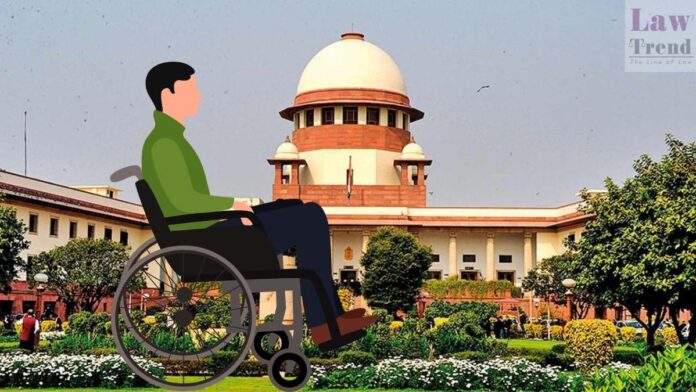New Delhi, July 8, 2024 — The Supreme Court of India on Monday issued a landmark judgment setting forth guidelines for the portrayal of persons with disabilities (PwDs) in visual media. This decision came in response to a plea by disability rights activist Nipun Malhotra against the film Aankh Micholi, which he argued contained disparaging
To Read More Please Subscribe to VIP Membership for Unlimited Access to All the Articles, Download Available Copies of Judgments/Order, Acess to Central/State Bare Acts, Advertisement Free Content, Access to More than 4000 Legal Drafts( Readymade Editable Formats of Suits, Petitions, Writs, Legal Notices, Divorce Petitions, 138 Notices, Bail Applications etc.) in Hindi and English.




